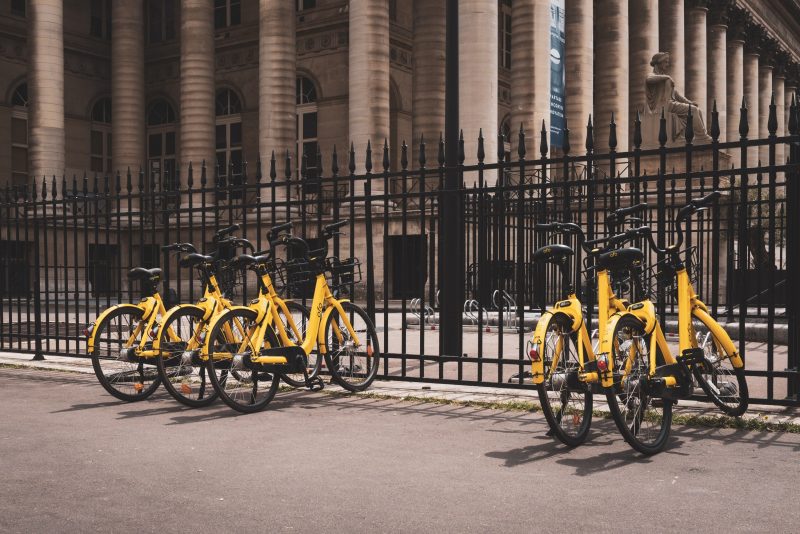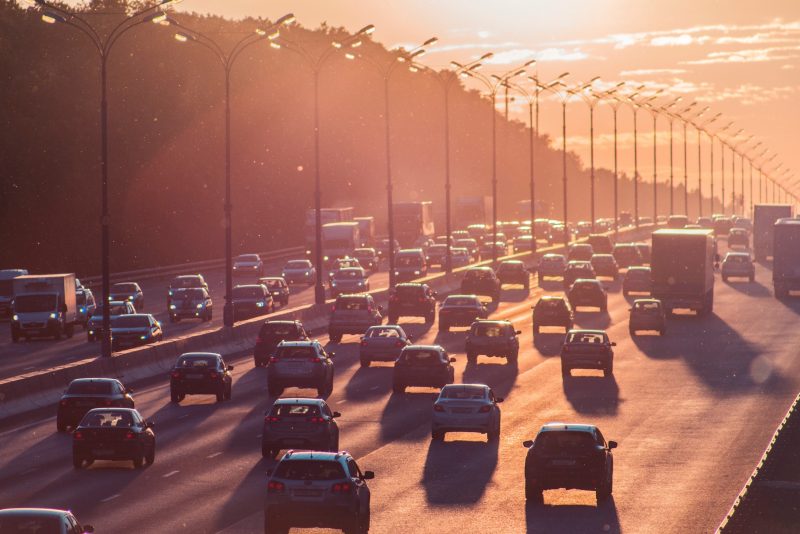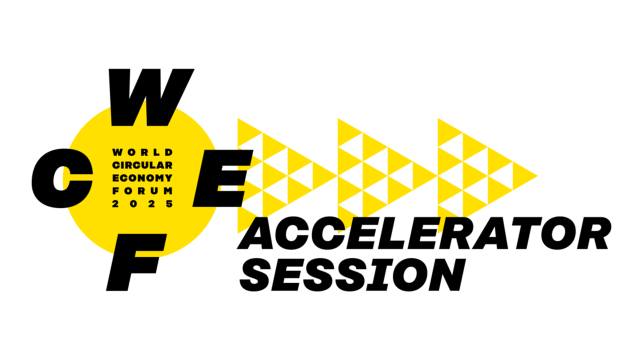Sharing is caring

Some of the most innovative, dynamic and – dare we say it – profitable businesses of the last decade all have something in common: they’re all based around sharing. That might not sound much like the ruthless profit-mongering capitalism of old, but these are some big organisations: Uber (market value ~$90bn), Airbnb ($35bn), eBay ($34bn), and Wikipedia – which with 18 billion page views per month is one of the most visited websites in the world.
This new business model of the sharing economy is centred around peer-to-peer services: where new digital platforms enable ordinary people to trade goods, information, accommodation (and much else besides) with each other. And this decentralised, self-organising and redistributive model is already causing massive disruption in the food, automotive and fashion industries.
Here at the GEC, we believe that changing the way we consume and distribute resources within our communities is vital to developing a sustainable future. Could the shared economy be a way to encourage recycling and reusing, reduce consumption, and limit environmental damage from food wastage, vehicle pollution and the throw-away culture of fast fashion?
Possession is nine-tenths of the law
The dominant economic model of our time is based on individual private ownership. When someone needs food, shelter, clothing, transport or so on, the main (and sometimes the only) way to satisfy those needs is to go out and buy something: a car, some clothes, a lawnmower. And because it’s more profitable to sell new stuff than help people repair or recycle what they’ve already got, the market naturally encourages waste, inefficiency, and planned obsolescence.
This wasn’t always the case; before the 16th century, for example, most English land was held, farmed and managed communally. But now in the 21st century, services which were once seen as the natural preserve of the state – such as healthcare, prisons, education and even the police – are becoming ever more privatised.

Private ownership is economically attractive for many reasons, but environmentally it can be a disaster. For example, there are enough vehicles on the road to meet our transportation needs, but most cars have one driver in them and sit unused for large proportions of the day (or, as RuPaul says, you’re not stuck in traffic – you are the traffic). One third of all the food grown globally every year is wasted, simply because it’s more profitable to let surpluses rot than deliver them where most needed. And clothes are thrown away rather than repaired, endlessly replaced to keep up with the latest trends, each time damaging the environment.
Share the love
Could peer-to-peer be an answer? A shared economy incentivises private owners to share resources, whilst also allowing the wider community access to products that were previously not available. Collaborative consumption could reduce the need to manufacture and buy so much stuff – saving people money and helping the environment at the same time. Why buy your own expensive lawnmower which you use six times a year, when you could rent or borrow one at a fraction of the price? And prognosticators have been quick to predict the demise of the private car at the hands of self-driving ride-hailing services like Uber and Lyft.
But peer-to-peer is not without controversy. Companies like Deliveroo and Uber rely on low-wage freelancers, often on zero-hour contracts, creating a new class of “precariat” workers who lack the benefits and job security that more traditional employment provides. The profits in peer-sharing companies are often heavily concentrated, leaving little left over for local communities: Uber takes up to 30% commission from the gross revenue of its drivers, leaving many on less than minimum wage.
“ One third of all the food grown globally every year is wasted, simply because it’s more profitable to let surpluses rot than deliver them where most needed.”
Furthermore, the sharing economy might weaken the traditional “real” economy, by reducing demand for products and services – which is good for the environment, but potentially devastating to jobs and communities reliant on older industries, like cab drivers. And cities including Paris, New York and Barcelona have begun to push back against Airbnb, accusing the firm of driving up inequality, overloading infrastructure, and pricing out locals.
Can collaborative consumption be a way to make our economy efficient and sufficient, one of our core Green Economy Principles? Let’s take a look at some of the new wave of organisations – both businesses and non-profits – who are trying to make that dream a reality, in the fields of food, clothes and transport.
Plates, Stains and Automobiles
Food that’s still edible but is headed for the bin is called surplus food, and it happens at every stage of the supply chain. There are lots of different reasons for this, but over-production, labeling errors and short shelflives play a large part. This last part, ‘short shelf lives’ is what a new app called Karma is addressing, by connecting food outlets with people. Food that is about to be thrown away instead gets advertised to hungry hipsters on their smartphones – and sold at a cheaper rate.
Karma reckon that more than one million meals have already been prevented from being chucked out. And they’re not alone in trying to help bring a collaborative approach to food: TooGoodToGo has been running in London since 2016, while Mamaz Social Food allows home cooks and amateur chefs to invite members of the community to dine with them.
Next up, cars. We’ve written on this site about the potential of electric cars in tackling climate change and lung disease, but these technologies on their own won’t do much to slow demand for more cars – leading to more roads, more traffic, and more environmental impact. Thankfully, there are new companies who are challenging the idea that a vehicle should have only one owner. hiyacar, for example, allows multiple people from within a community to have access to the same vehicle. Effectively, you rent a car from a neighbour when you need it – saving you money and helping your neighbour earn a little extra on the side. This cuts down on the amount of cars parked on the pavement and driving on the road.

Finally, it’s fashion. The clothing industry’s impact on the environment is phenomenal, and fast fashion in particular. A huge amount of water is used to create textiles, mainly in dyeing and the finishing process - up to 200 tonnes of water per tonne of finished product. Beyond that, the wastewater from this process can contain toxic substances like lead, mercury, and even arsenic. All too often, these chemicals find their way into waterways which can be catastrophic for the aquatic life within it, as well as the people (and dogs) who live at the banks of rivers and lakes.
Production processes, policy and enforcement needs to be rectified to help address these problems. Alongside that, as consumers we can lower our usage and change our consumption of fashion. Companies such as Rent the Runway allow users to have access to high end garments and different styles by renting and reusing clothes. It fulfils much of the positives of fast fashion, whilst reducing the need to produce more clothes. And upcycling collectives like Manchester’s Stitched Up are helping locals repair, alter and swap clothes – making them last longer, for less.
Cooperation nation
If we’re going to create a sustainable green economy for the future, then redefining our use of resources and their distribution has to be one of the top priorities. It won’t be easy – and peer-to-peer services like Uber aren’t always the knights in white armour that their boosters like to portray.
But that doesn’t mean that collaborative consumption is a dead end. As we’ve seen, new collectives, communities and companies around the world are already starting the hard work of changing our priorities away from profit. A sharing economy done right – with proper jobs, green protections and an emphasis on community over consumption – could be just what the planet needs.
- Ben Martin & Sam Morris
Photo by Jakub Kapusnak on Unsplash


